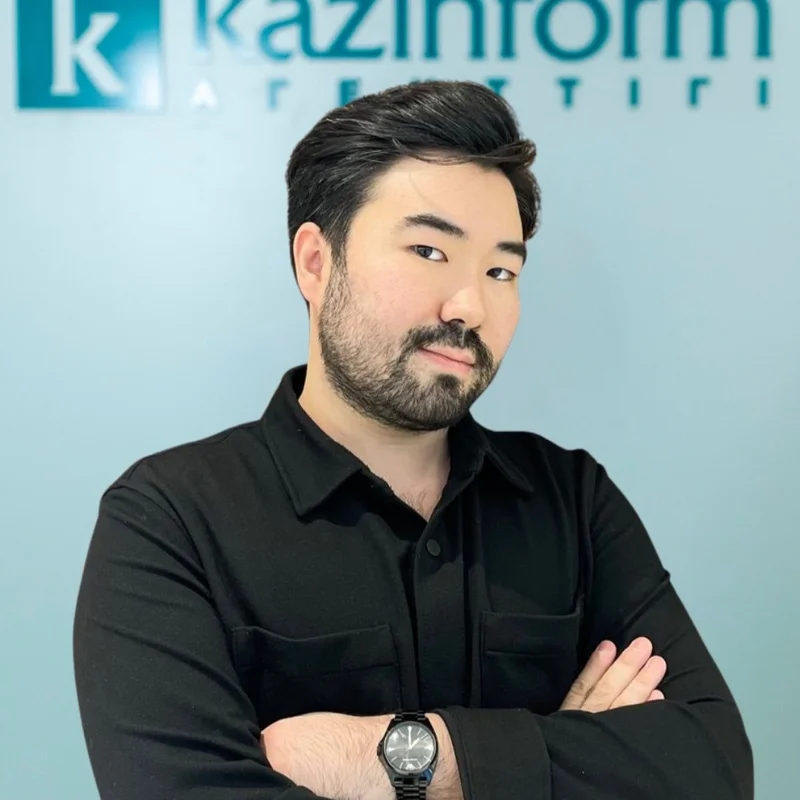Kazakhstan is one of the most important middle regional powers in the world today - Thomas Graham
In an interview with Kazinform News Agency correspondent, Thomas Graham, distinguished fellow at the Council on Foreign Relations and former Special Assistant to President George W. Bush and Senior Director for Russian Affairs said Kazakhstan’s pragmatic foreign policy serves as a model for other middle powers, adding that reforming the United Nations to ensure broader participation of emerging and middle powers in global decision-making is important.

- This year’s UN General Assembly took place amid escalating geopolitical tensions and growing fragmentation within the international system. What are your main impressions of this year’s Assembly? In your view, what themes have become most significant for the international community?
I did not pay much attention to the debate this year, so I cannot answer this question. But as a rule, the General Debate has little impact on global developments. Much more important are the side meetings among two or more countries.
- In his address to the UN, President Kassym-Jomart Tokayev of Kazakhstan highlighted a global “crisis of trust,” emphasizing that international law is often applied selectively and inconsistently. Do you agree with this observation, and what steps, in your opinion, could help restore confidence in international institutions.
President Tokayev’s remarks were right on the mark. We are witnessing a worldwide decline in trust in international organizations, starting with the United Nations. Restoring trust will require significant reform to ensure that these institutions are aligned with current realities, particularly regarding the global configuration of power.
- Kazakhstan has emphasized that the current structure of international institutions no longer reflects today’s global realities and has called for greater representation of major powers from Asia, Africa, and Latin America in the UN Security Council. In your view, how feasible and timely is this idea, and what obstacles might stand in the way of such reform?
This matter has been under discussion for more than a decade. The UN Security Council does need to be reformed to allow for representation of major powers from Asia, Africa, and Latin America. But this is easier said than done. Should some countries become permanent members? If so, how do you choose between Brazil and Mexico in Latin America, Nigeria and South Africa in Africa, or India, Japan, and Kazakhstan in Asia? How do you enlarge the Council while still ensuring that it can work effectively? And perhaps most important - and most difficult to resolve - what do you do about the veto power of the five permanent members? None of them are likely to agree to forfeit that power, certainly not China, Russia, or the United States.
- There is a growing view that middle powers can serve as bridges in global politics. For example, Kazakhstan hosted the Astana peace talks on Syria, and Turkey acted as a mediator between Russia and Ukraine. How do you assess the potential of countries such as Kazakhstan, India, and Turkey in shaping a new architecture of trust in world affairs?
All these countries have great potential in shaping global institutions. The challenge lies in forging balances of power at the regional and global levels that enhance peace, security, and stability, and thereby provide a foundation for greater prosperity across the globe.
- Kazakhstan has long pursued a multi-vector foreign policy, maintaining strategic relations simultaneously with several centers of power, including Russia, the United States, and China. Do you think this approach could become a competitive advantage for Kazakhstan amid the evolving global order?
Absolutely. In the polycentric world that is slowly emerging, a country with constructive relations with the widest possible range of centers of power will have tremendous potential to shape global developments, in part by playing a central role in forging balances of power.
- Kazakhstan has a unique record: voluntary nuclear disarmament, initiatives on biosafety, and mediation in regional processes. Could this experience serve as a model for other medium-sized states seeking to strengthen their role in global governance?
Kazakhstan is one of the most important middle regional powers in the world today. Its policies over the past 10-20 years underscore what a middle power can achieve on the global stage, as long as it has effective and wise leaders.
Earlier, Thomas Graham examined the latest shifts in global politics and outlined U.S. strategies for navigating an increasingly complex international landscape. He discussed how Washington engages with global stakeholders, including those in Central Asia, while balancing competition, diplomacy, and strategic interests across regions.
